In eclipse, is it possible to use the matched search string as part of the replace string when performing a regular expression search and replace?
Basically, I want to replace all occurrences of
variableName.someMethod()
with:
((TypeName)variableName.someMethod())
Where variableName can be any variable name at all.
In sed I could use something like:
s/[a-zA-Z]+\.someMethod\(\)/((TypeName)&)/g
That is, & represents the matched search string. Is there something similar in Eclipse?
Thanks!


